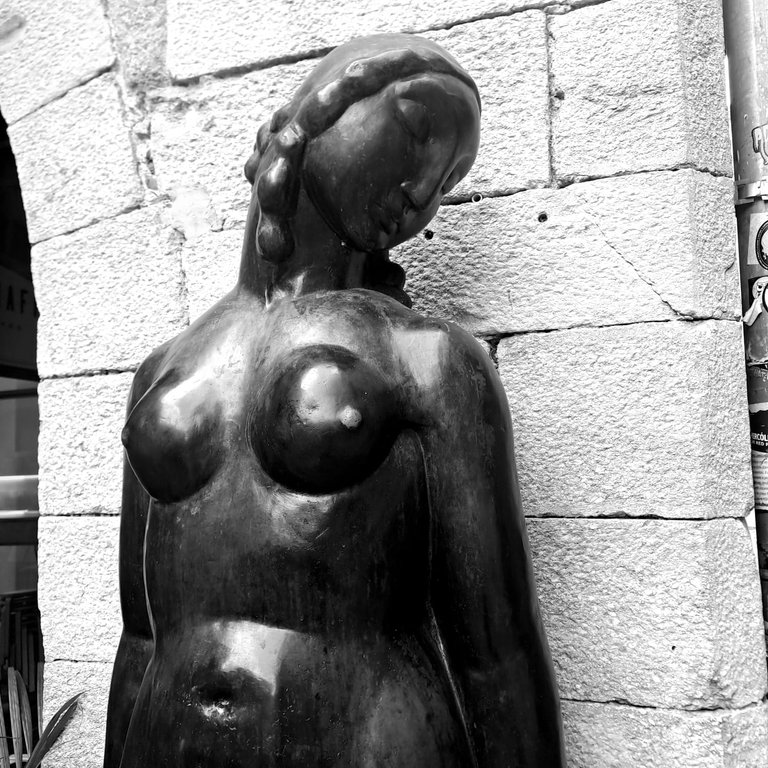There'll probably come a time when we no longer need words to communicate with one another, and for all the awe that thought inspires, I sincerely hope I'm not around to see it. I adore words. Languages, and the different ways we transmit the same things.
Tu me manques.
And it could mean both you miss me, and it's funny and bittersweet because I'm supposed to be saying I miss you, not the other way around. Yet here I am, impudent. Telling you how you feel. How very French, no? Of course, it can also translate to
You lack from me.
Which is what's typically meant, and infinitely more beautiful, I think. To me, the English "I miss you", while surrounded by beautiful literary and cinematic connotations, has always meant so little. I resonate with the French because in this, they suffer like a Romanian.
Îmi lipsești.
You are missing from me. In the same way you could say you're missing an arm, or enough flour to bake a cake. I don't have enough of this. Of you. It might seem to you a very subtle, unimportant difference, but not to me. There's an air of possession, of choice almost to missing you. I miss you. But I also eat and I think and I smile at other people. Whereas. You are absent from me. You lack from me. Which suggests I am miserable and incomplete.

But then, of course the French are better at telling you. And Romanians. All that hot blood. All the heads on spikes. It's all or nothing with us, in our blood, if not in our day-to-day. If I think about it, I know enough Romanians who simply miss, but who never really lack or lacked someone. To that, also, there is a bravery. Letting someone get under your skin. Imagine. To go your whole life without someone's absence feeling painful to you, without feeling like life's not really all that because of this absence. I wish I understood what it is to live within the boundaries of safety. I wish I knew to be safe, but I'm beginning to think I'm growing too old to learn now. I should've learned it when I was still a little girl.
Mi manchi.
You are missing to me. You are absent from me. I look for you around me, but you're not there. Mancante. Ma dove sei? E perché non sei qui? See what I mean when I say I love them? I can't not. I fall in love with them, these sounds we make to tell one another that we are, despite our differences, the slanted eyes, the crook of nose, all really just the same. And what a brilliant mess it is.
To me, my native Romanian has always been a language to write aching. It's a language in which you can really spell the longing of someone. Maybe it's because it's a sorrowful language, a Romance language. Maybe it's the bias of my growing up, but it's always been a language that has war and loss inscribed in every syllable, that carries the longing and the grief in every song. The same is true for French. There's a inane conflict in French, a struggle not so much with the other speaker, but with the self. There's an affirmation of identity, a choice to be. In Italian, there's warmth, but even there, a weighted love. A love that knows the great cost of loving, of loss. It's a choice to love you even though you're going to go away.
Мне тебя не хватает.
There's other ways. You can do a literal translation of I miss you, but this seems to me the only way to say it in Russian. There isn't enough of you to me. For me. It's all the same, and I love all these versions, because they're all questions. All ways of asking where are you that you're not where I am? And to a lesser extent, why?
I could do this all night. But I don't know enough of them. The languages. C'etait drôle, mais c'est fini. Et alors,
How do you say "I miss you" in your language? And how do you say I miss you?
